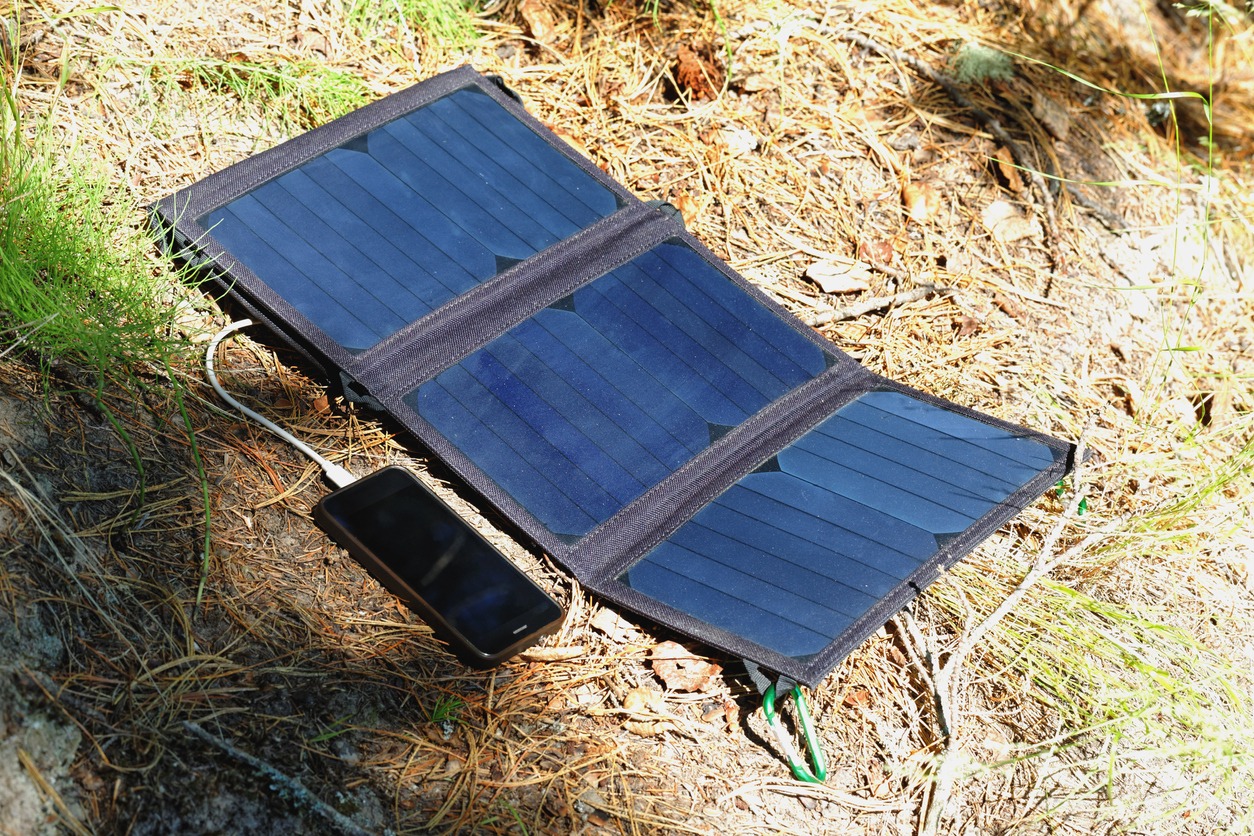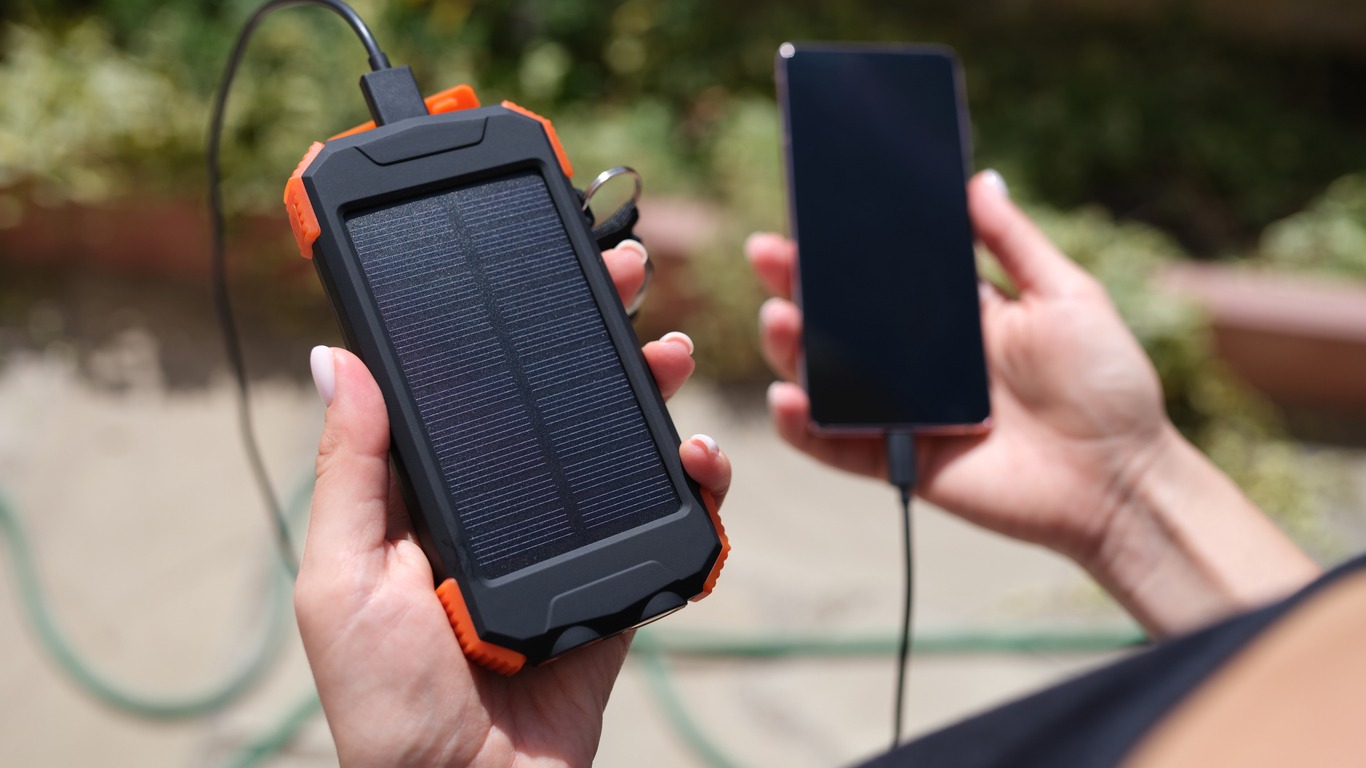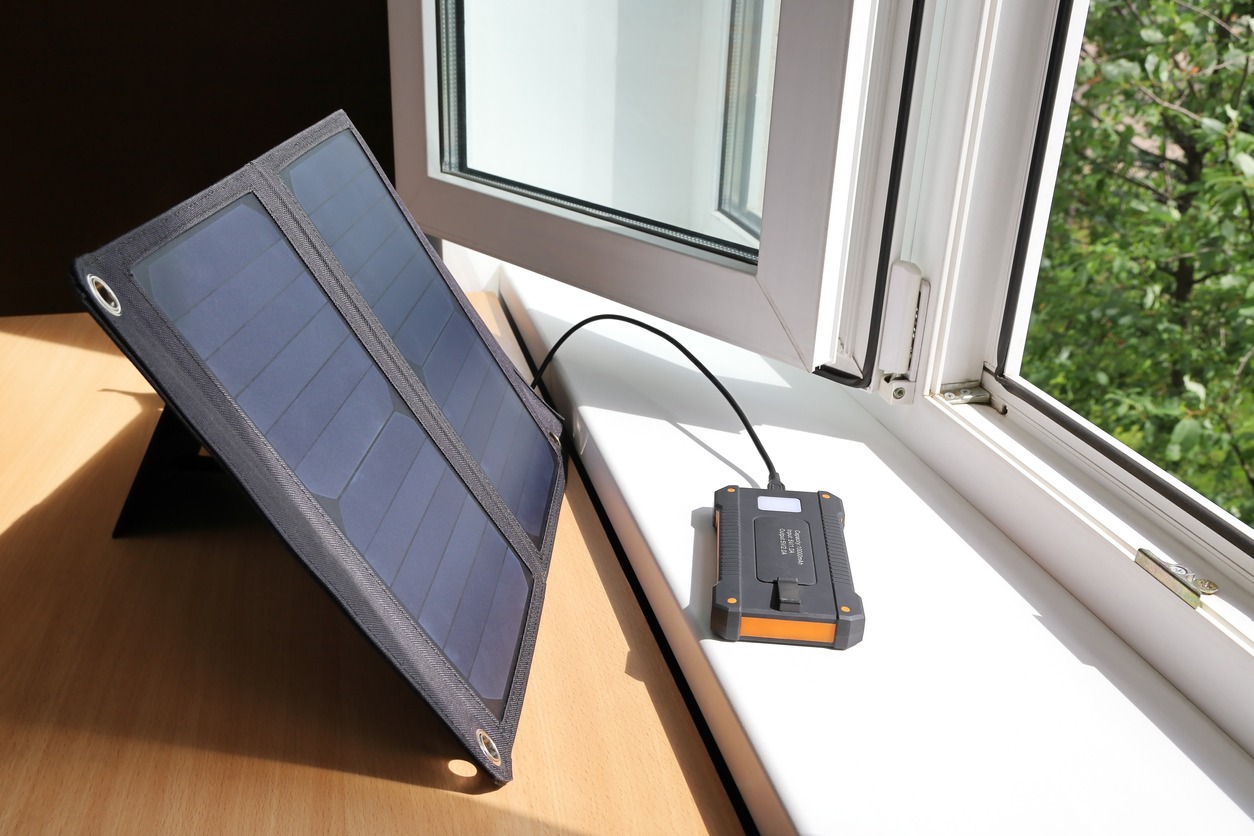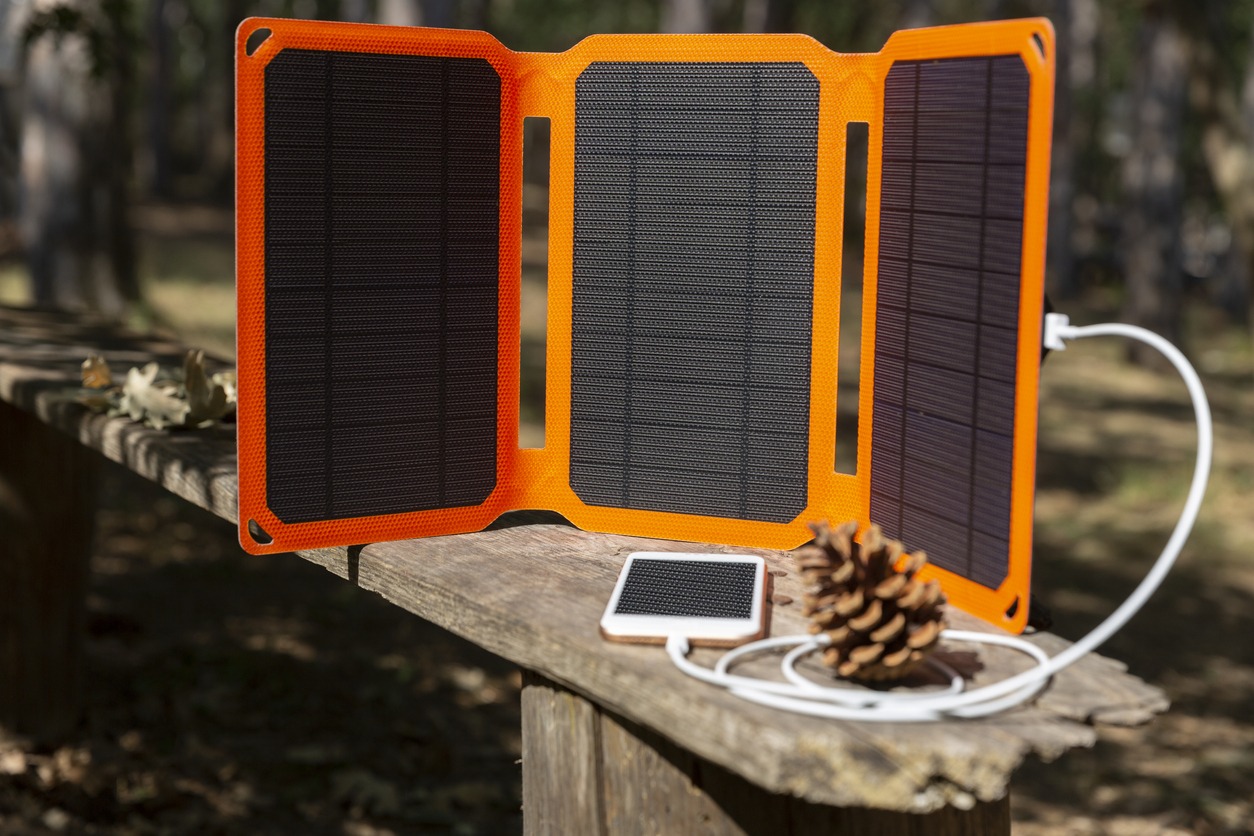Whether you admit it or not, smartphones have become a personal assistant or “right man” for every task, or an inanimate “buddy” you can’t leave behind. There’s so much to do with smartphones that many people lack the opportunity to charge them up. This fact applies very much to people who are always on the go.
Rechargeable power banks can help a lot, but if you have forgotten to charge it up, it won’t do you any good.
The great news is that there’s an alternative to conventional chargers or power banks: a solar power charger. There are portable devices that can harness the sun’s power to charge your phones so that you can stay in contact with your family, friends, colleagues, and clients.
If you are looking to buy one, you may have already discovered that there are ridiculously tons to choose from. There are so many solar-powered solar chargers that Amazon even has a separate category just for smartphone solar chargers with thousands of product listings.
Reasons to buy a solar power charger
First of all, know why do you exactly want a solar power charger? Where will you use it for? We list three big reasons to buy a solar power charger:
1. You’re planning an extended outdoor adventure
If you plan to camp out for several days or weeks, you will live off the grid for some time. Citing the reason, find a solar power charger with all the good points – durability, efficiency, and a reasonable price tag. It wouldn’t hurt if it should also come with an extended warranty.
But you wouldn’t need a solar power phone charger if you’re only hiking for a couple of days or even a long weekend. In this case, it is advisable to bring a pre-charged regular power bank or battery pack. And speaking of a battery pack, there are tons of affordable battery packs with ample storage capacity to recharge your smartphone up to a dozen times or even more.
It would be wise to have both the conventional charger (or battery pack) and the solar power charger. That way, you could use your regular charger (or battery pack) in trickles, save solar energy, and use it when needed.
2. You want a reliable alternative charger to get your phone “juiced” while you’re doing something else
You’re driving on the way to work or some other place, but you should have remembered to recharge your phone that’s now running low on battery. Or the wall socket in your office is still far away from your cubicle, and you can’t charge your smartphone. Or all the USB ports of your PC or laptop are connected to other devices. Your power bank has no battery left to charge your phone, as you forgot to “load” it. You want an alternative charger to keep your smartphone charged while you’re doing other tasks. A solar power charger is an answer to all those dilemmas mentioned.
Your ideal solar power charger may not need to be that portable, as it will likely lie on a desk near the window. In that case, you will need a window solar charger, which looks the part (and looks fantastic as well). Attach the charger to the window, with the solar panel side facing out to catch the sunlight. Then you can use your window solar charger to recharge your phone or other mobile devices. Solar energy is renewable and unlimited, so you don’t have to worry about your phone running out of battery again.
3. Environmental reasons
If you start to adjust living off-the-grid, you want to greenify your power consumption and reduce strain on Mother Earth. Thus, a solar power charger is the answer to that. Solar energy is clean and renewable. Using solar power to charge your devices doesn’t emit greenhouse gases, thus eliminating the carbon footprint and making your charging pollution-free. It also saves you significant energy bills.
What type of solar charger would you like?
Solar power chargers come in various designs to match your unique requirements. The following lists the three major categories:
- Panel-only chargers – Panel-only chargers have the simplest design of the three, usually consisting of a single panel or a set of collapsible or foldable panels and a power outlet. They usually lack power storage, so these chargers deliver power directly to your device as they convert the sun’s power into energy.
- Panels with detached battery chargers – Some designs consist of independent solar panels and batteries, making storage more accessible, especially during transport, to support use in various applications. They also offer flexibility, allowing you to leave the solar panel at home, camper van, or tent and only carry the battery.
- Panels with detached battery chargers – Some designs consist of independent solar panels and batteries, making storage easier especially during transport to support use in a vast range of applications. They also offer flexibility, allowing you to leave the solar panel at home, camper van, or tent and carry just the battery.
Factors to consider when buying a solar power charger
- Size and weight – Do you intend to carry a charger far, such as a backpacking trek? Thus, consider the size and weight of the charger and determine whether it is portable to bring to your outdoor adventures.
- Charging power – Will you get plenty of sunlight or otherwise experience frequent clouds? Thus, prioritize a solar power charger’s charging capacity.
- What you’re charging – Devices, even different phone models, require various amounts of time to recharge. Thus, choose a solar charger with a specific amount of power for your device(s).
- The number of devices you’re charging – If you are a tech head who can’t go through a day with only one device, choose a charger with a sizable battery and multiple ports that allow you to charge several devices simultaneously. However, these factors can compromise convenience in transporting it – the greater the battery, the heavier the charger will be.
- Durability – Are you the type who “roughs it” during your outdoor trips? If so, toughness is essential when looking for a solar power charger. Its construction should be durable enough to withstand wear and tear. It should also be waterproof or water-resistant.
Conclusion
Now that you’ve learned what to look for in a solar power charger, you’re more prepared to choose the best one to enjoy being connected on your next outdoor adventure.



